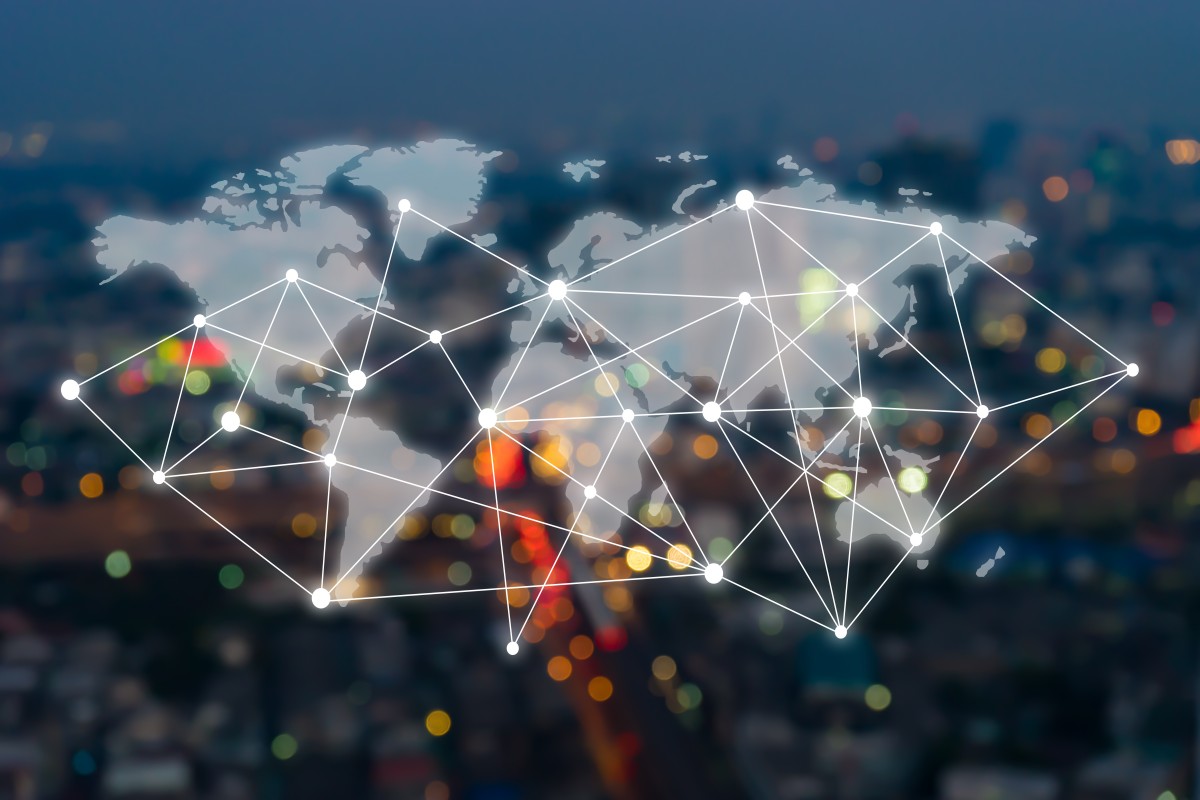Featured
5G will drive Industry 4.0
Industry 4.0 has arrived, according to Mikael Bäck, corporate officer for Ericsson’s Group Function Technology Group
Share
- Click to share on X (Opens in new window) X
- Click to share on Facebook (Opens in new window) Facebook
- Click to share on LinkedIn (Opens in new window) LinkedIn
- Click to email a link to a friend (Opens in new window) Email
- Click to share on Reddit (Opens in new window) Reddit
- Click to share on WhatsApp (Opens in new window) WhatsApp
- Click to share on Pinterest (Opens in new window) Pinterest
Switching on 5G in the Middle East
In 2019, we will start the commercial roll out of 5G with operators in advanced markets like the UAE, Saudi Arabia’s and Qatar, with significant traffic volumes in 2021. We were recently selected by Batelco to commercially deploy 5G across Bahrain and announced 5G commercial launches with Etisalat, STC and Ooredoo at Mobile World Congress 2019. In fact, all major service providers in the region are moving aggressively to launch 5G commercially, according to Ericsson Mobility Report MEA.
Moreover, we are working with partners in a multitude of industries, as well as academia partners within research and development projects.
This has wide regional ramifications, as there are great economic benefits in taking advantage of a new wireless technology first, highlighted by the boom in the app economy in the region after its adoption of 4G. Numerous regional start-ups like Fetchr!, Souq, Careem, and ReserveOut have been hugely successful, and many more have had a strong impact in the market.
Key drivers for immediate 5G deployment include increased network capacity, lower cost per gigabyte and new use case requirements. The majority of the 5G subscriptions in the MEA are expected to come from advanced ICT markets like Saudi Arabia, UAE and Qatar while in Africa, considerable momentum is building in South Africa.
The MEA region’s telecom market is characterized by increasing uptake of LTE. The region will lead the globe with a forecast for 9x mobile data traffic growth (1.8 to 17 EB/month from 2018 to 2024) and see a doubling of mobile broadband subscriptions (850 to 1,630 million from 2018 to 2024), according to Ericsson Mobility Report MEA.
The exponential role of disruptive technology in climate action
Beyond improving efficiency and reducing cost, digitalization and IoT have wide human implications. From smart homes and power grids to connected transport systems, IoT is already making our personal lives safer, healthier and greener.
ICT in combination with a well-integrated corporate sustainability strategy can help tackle a range of global challenges. While the digital sector is on track to reduce its own emissions, representing just 1.4% of the global total, it is also in a unique position to influence other sectors.
Social and technological innovations are already scaling, for example, shared and “on-demand” fleets of more energy-efficient electric vehicles could reduce global energy demand for transport by more than 50 percent by 2050 while reducing the number of vehicles on the road.
For example, the vision adopted by Dubai for 2030 is for 30 percent of public transport to be autonomous. Other GCC states have also revealed plans to cut emissions and improve climate mitigation.
Adopting circular-economy approaches has the potential to reduce global emissions from industryby 45 percent by 2050. Globally, heavy industries such as steel, aluminum, cement and plastic production can reduce emissions by 50 percent using current technologies and efficiencies.
5G is the backbone that can make it all work both in the Middle East and Africa as well as across the globe – driving economic value from enhanced mobile broadband to digital industry to combating climate change. That in turn will require an ecosystem of technology, regulatory, security and industry partners to deliver on the potential.
Please read more about how to develop the smart wireless manufacturing market and bridging the gap.
Or read our report: 5G business potential – Industry digitalization and the untapped opportunities for operators.
Share
- Click to share on X (Opens in new window) X
- Click to share on Facebook (Opens in new window) Facebook
- Click to share on LinkedIn (Opens in new window) LinkedIn
- Click to email a link to a friend (Opens in new window) Email
- Click to share on Reddit (Opens in new window) Reddit
- Click to share on WhatsApp (Opens in new window) WhatsApp
- Click to share on Pinterest (Opens in new window) Pinterest
Pages: 1 2
| Thank you for Signing Up |


















